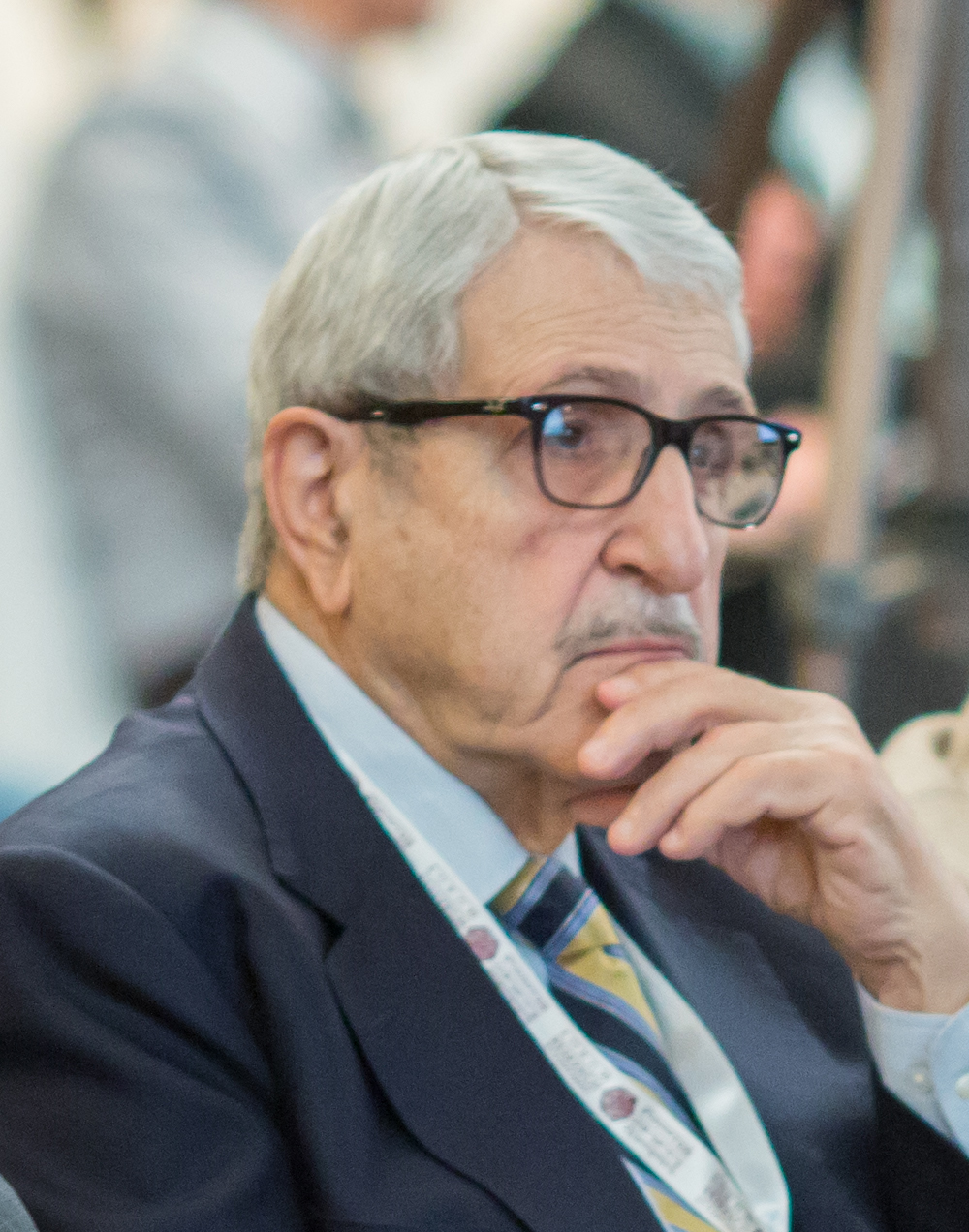After the Arab uprisings: reconstruction, peace and democratic change
Any post-uprisings transformation leading to lasting national peace in Arab countries will be conditional on laying the foundations for inclusive socio-economic development in the context of a genuinely democratic environment. This column, which summarises a forthcoming multi-authored ERF book explores how these goals can be achieved.
On Lebanon’s economic crisis and recourse to IMF assistance
Failures of fiscal policy, monetary policy and banking practices have led to economic crisis in Lebanon. This column argues that the focus of the new government’s plan for national recovery should be on fiscal governance and policy measures that constitute the bedrock for reforms in other areas of economic policy. Assistance from the International Monetary Fund can support their implementation and an effective rescue programme.
Repatriation of refugees from Arab conflicts: scenarios for reconstruction
The prospects for early repatriation of refugees who have fled conflicts in Iraq, Libya, Syria and Yemen in recent years do not yet look promising. Nevertheless, not only have discussions about repatriation started at both national and international levels, but there is also a steady, though still limited, stream of refugees in neighbouring countries trickling back to their war-ravaged homes. This column summarises the latest ERF-FEMISE Euromed Report, which discusses the issue of repatriation in general and as a potential solution to the refugee crisis.
Sustainability of GCC development under the new global oil order
It is now a widely held view that the price of oil will eventually be converging to a lower long-term trend. Together with growing demands for political change in the MENA region, this implies the need for many countries to reconsider their growth models and their underlying social contract. This column considers the implications for the members of the Gulf Cooperation Council.
On autocracy, democracy and populism: Tunisia and the wider Arab region
Different circumstances offer different opportunities for the emergence of populism. This column contrasts the rise of populist movements in the established democracies of the West with the uprisings against entrenched autocracies in the Arab region. While many of the latter have been reversed or sparked civil conflict, there is hope in Tunisia’s gradual transition towards consolidating a fully-fledged democracy.
Prospects for a closely integrated Euro-Arab Mediterranean region
The Euro-Med partnership of over 40 countries aims for closer integration of the region, fostering the development and stability of the southern and eastern members, and narrowing economic and political gaps between North and South. This column explores its prospects, concluding that the rationale for a politically integrated Euro-Arab Med region does not seem to have been adequately thought out: it is a matter that deserves deep study.
Prospects for development with democracy in the Arab world
What are the prospects for democracy in the Arab world? This column expresses the hope that as conflict-afflicted countries embark on their programmes of economic reconstruction, autocratic institutions will not be re-established under the pretext of the need for a speedy and steady recovery. The optimal path of development necessarily includes robust growth, equity as well as democracy.


